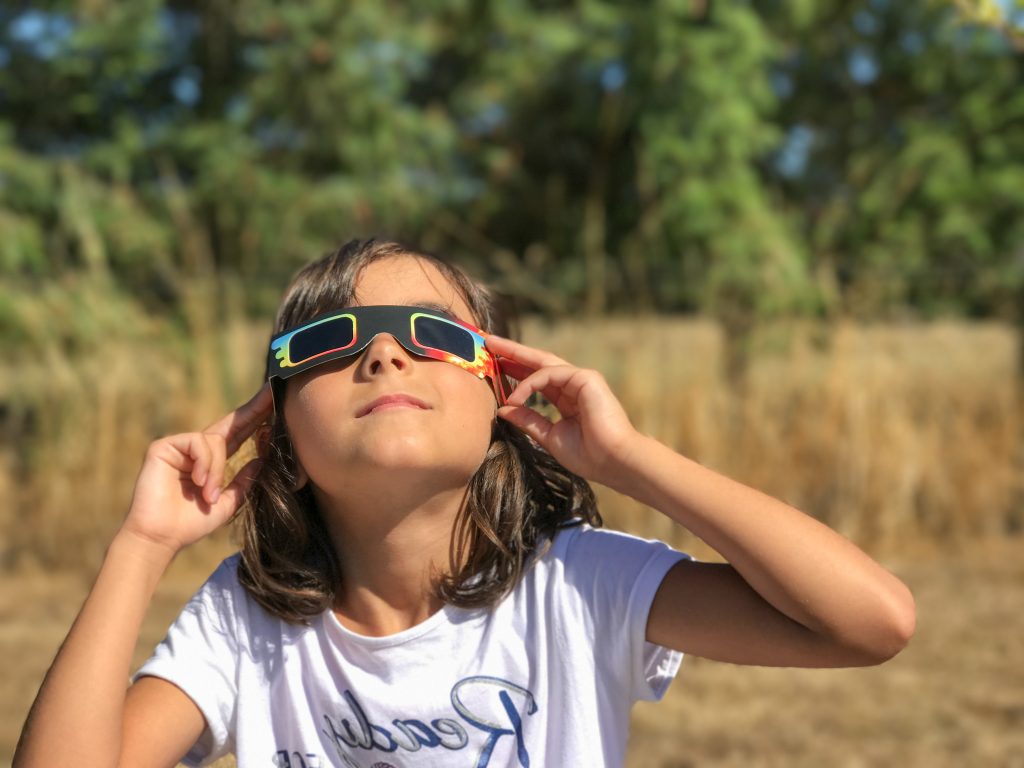We are less than a week away from the last total solar eclipse visible in the contiguous United States until 2044. Let’s get those peepers ready for safe viewing on April 8, 2024. You can read more and find great New England viewing spots here thanks to our friends at CBS Boston.
Except during the brief total phase of a solar eclipse, when the moon completely blocks the sun’s bright face, it’s not safe to look directly at the sun without specialized eye protection for solar viewing.
Tips for viewing a total or partial solar eclipse safely:
- Use approved solar eclipse viewers only. The only safe way to view a partially eclipsed sun is through special purpose solar filters such as “eclipse glasses” that meet international standard ISO 12312–2. Eclipse glasses are NOT regular sunglasses; regular sunglasses, no matter how dark, are not safe for viewing the sun. You should NEVER view the sun through unfiltered telescopes or magnifiers and polarizing filters are unsafe. Inspect your eclipse glasses or handheld viewer before use. If it is torn, scratched or otherwise damaged, discard the device.
- Fenway Health is selling ISO approved eclipse sunglasses in our Optical Shop on the 1st floor at 1340 Boylston Street for $5. Stop by and grab a pair while supplies last!
- You can also construct a special solar eclipse viewer using a box, some tinfoil, and a few household craft supplies. Learn more on Livescience.com.
- Use the proper technique. Standstill and cover your eyes with your eclipse glasses or solar viewer before looking up. After viewing, turn away and remove your glasses or viewer. Do not remove them while looking at the sun. If you normally wear eyeglasses wear your eclipse glasses over them or hold your handheld viewer in front of them.
- Only within the path of totality, and once the moon completely blocks the sun can eclipse viewers safely be removed to view totality. Once the sun begins reappearing, however, viewers must be put back in place again.
Symptoms From Incorrect Viewing:
It can take a few hours to a few days, after viewing the solar eclipse to realize the damage that has occurred. This is called solar retinopathy and effects the macula of your eye.
Some common symptoms include:
- New onset blurry vision
- Distortions or spots in vision (straight lines appear wavy or crooked)
- Altered color vision
If you are noticing these symptoms, please give us a call in the Fenway Health Optometry Department at 617.927.6190 OR call your eye doctor. This is the best way to address potentially severe complications, including vision loss.
Don’t forget – Eclipse glasses are NOT regular sunglasses – regular sunglasses, no matter how dark, are not safe for viewing the sun.
Happy Viewing!


